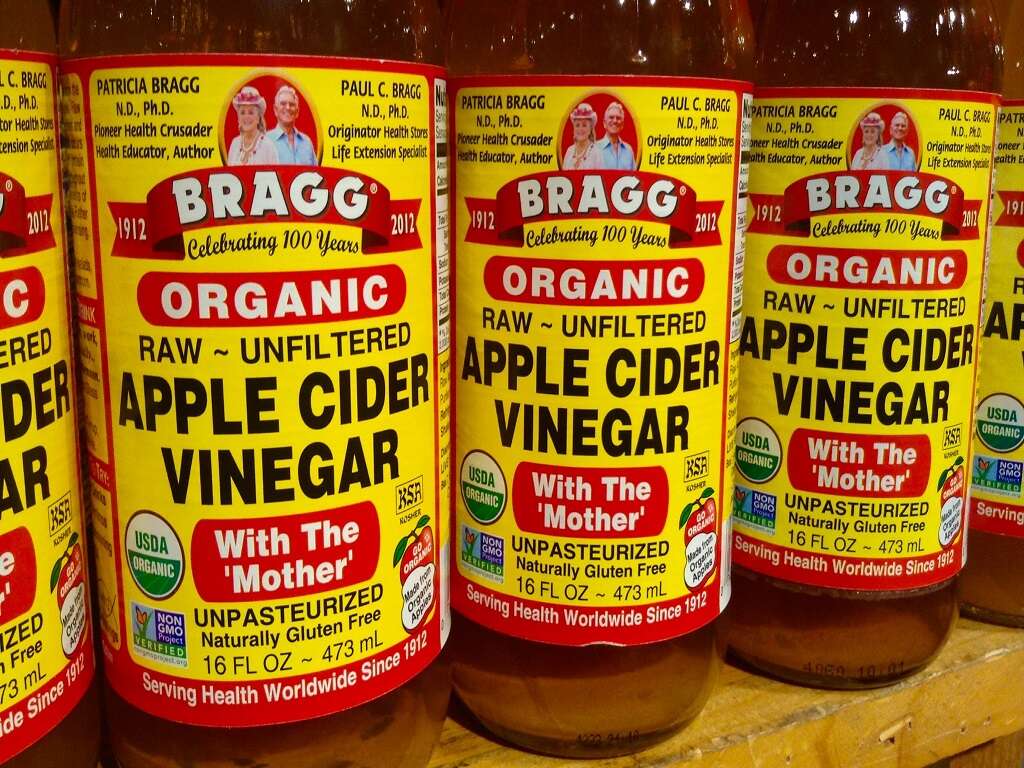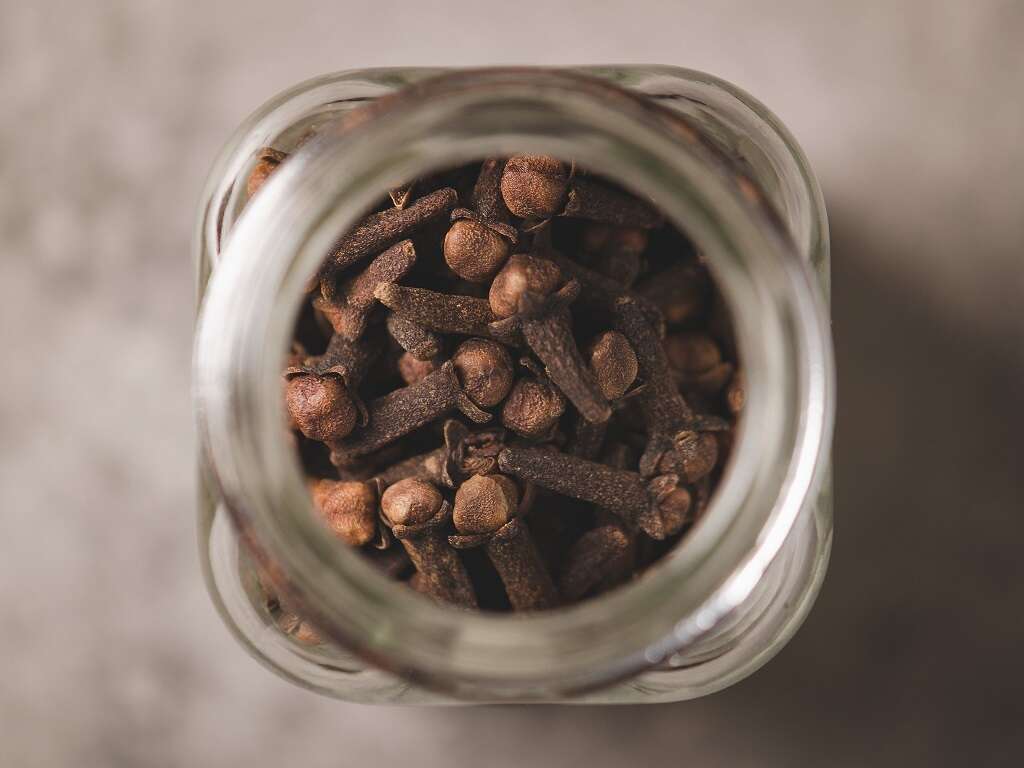10 Benefits of Royal Jelly
Royal jelly has many nutritional benefits, from reducing asthma to helping with liver disease, pancreatitis and stomach ulcers. The proteins in it help with cell growth and reproduction in the body. It has a spicy-acidic sweet taste, different from honey, and is used to feed the queen bee while the honey is used to feed the worker bees. Honeybees only develop into queen bees when they are fed large quantities of royal jelly. It keeps the queen bee safely anchored to the roof of the queen cell to develop into a female bee.
Royal jelly contains about 60% water and 15% protein. It can be consumed in supplement form. Research suggests that taking royal jelly on a regular basis can lower cholesterol levels and treat fertility.
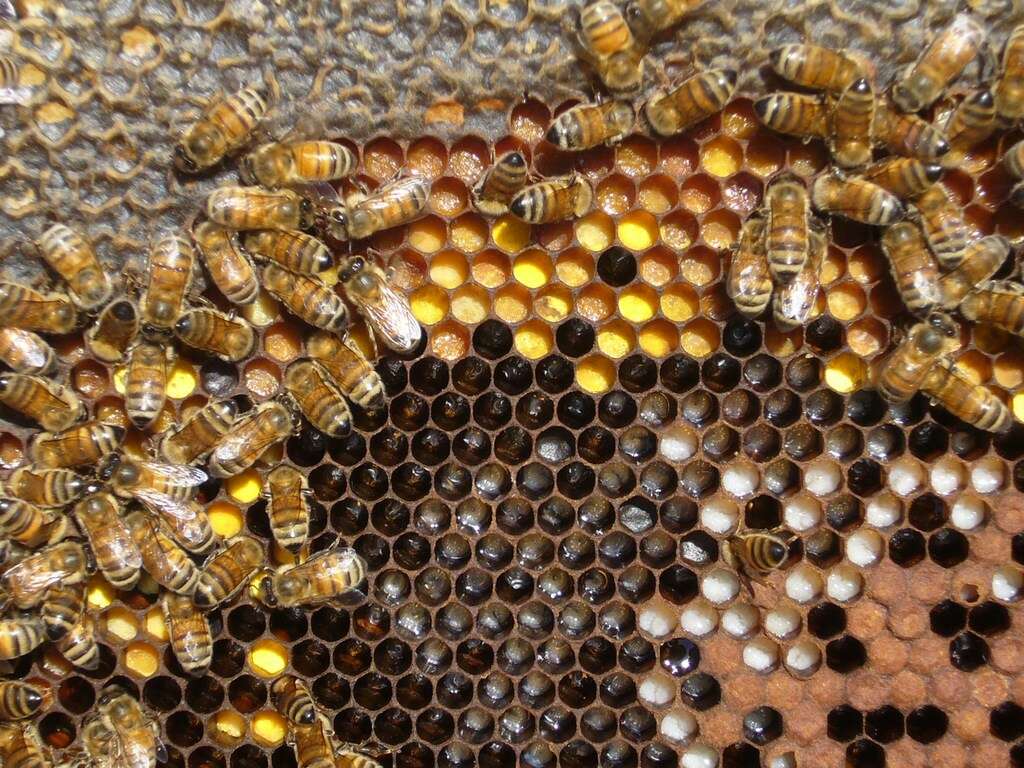
Royal Jelly Benefit #1: Boosts Immunity
When our body is in a state of stress, it releases histamine as an immune response to protect the body. When we are in a constant state of stress, our immune response is constantly being triggered, leading us to be immunocompromised. Royal jelly contains flavonoids, which can enhance the immune system by countering allergens and help with wound healing.
One study suggests that royal jelly can boost the immune system and relieve seasonal allergy symptoms by doing so. It is recommended to start by consuming a very small amount. Many people have allergic reactions to bee products, so be sure to test yourself out before taking a full dose.

Royal Jelly Benefit #2: Helps Alzheimer’s
Royal jelly has antioxidants that have shown to protect the brain tissue from free radicals that come from a variety of toxins, including pollution. Some research suggests that its antioxidant function has the potential to aid Alzheimer’s disease. Royal jelly contains acetylcholine, which can be linked to better memory and brain function. Acetylcholine is a neurotransmitter that regulates the messages that are sent from cell to cell.
Research also suggests that royal jelly improves short-term memory because of its role on neural functions. Since Alzheimer’s is associated with impaired memory, the study suggests that royal jelly has a positive effect on spatial learning and memory.

Royal Jelly Benefit #3: Helps Fight Against Cancer
By stopping the blood supply to cancer cells, royal jelly has been known to help inhibit cancer growth. It contains medium-chain fatty acids that help prevent potential cancer cell growth in patients before, during and after traditional cancer cell treatment. One study found that royal jelly inhibited the growth-promoting effects of BPA on breast cancer MCF-7 cells.
Since cancer cells consume sugar to reproduce, it is suggested to eliminate sugar from the diet to starve the cancer cells. Royal jelly has the ability to control sugar levels with its insulin-like activity, thus potentially helping with the prevention of cancer cell growth. Inflammation can also be considered to be the root cause of cancer, and royal jelly suppresses inflammatory cytokines, thus lowering the risk of cancer.

Royal Jelly Benefit #4: Aids Diabetes
It is suggested that long-term use of royal jelly can positively influence blood sugar levels and improve several diabetes indicators. One study on 40 patients with type 2 diabetes assigned 10 grams of royal jelly after fasting. The effects weren’t immediate, however glucose levels were benefitted.
In a research study done on 50 females with type 2 diabetes, the supplementation of 1000mg of royal jelly significantly reduced blood glucose levels and elevated insulin secretion. In a six month study, royal jelly also showed to stimulate insulin secretion. Thus, the volunteers had better glucose uptake, which significantly helps control diabetes symptoms.
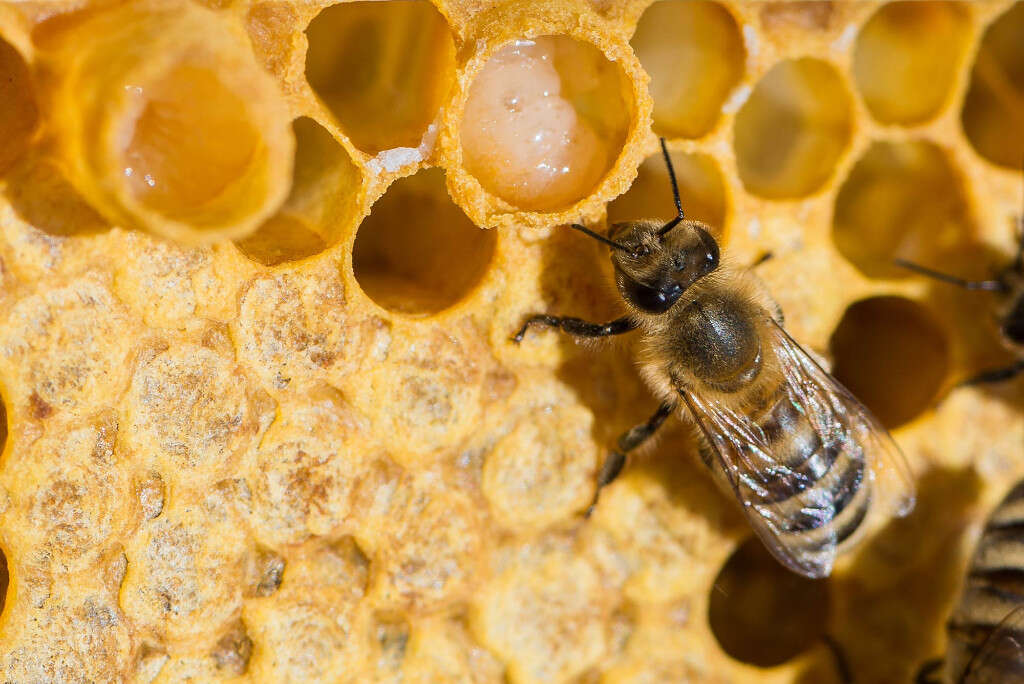
Royal Jelly Benefit #5: Reduces Mucositis
Cancer patients who receive chemotherapy and radiotherapy may get mucositis, which is inflammation of the mucous membranes of the digestive tract. It makes it difficult to eat and swallow and produce saliva. In combination with standard mouthwash therapy, royal jelly has shown to improve oral mucositis.
Research suggests that applying royal jelly topically may heal the severe mucositis through its anti-inflammatory and antioxidant properties. In one study, a population of patients undergoing chemo were graded on their improvements using royal jelly in addition to benzydamine hydrochloride and nystatin rinses. The study results demonstrated that royal jelly application can improve the signs and symptoms of oral mucositis significantly, thus shortening the healing time.
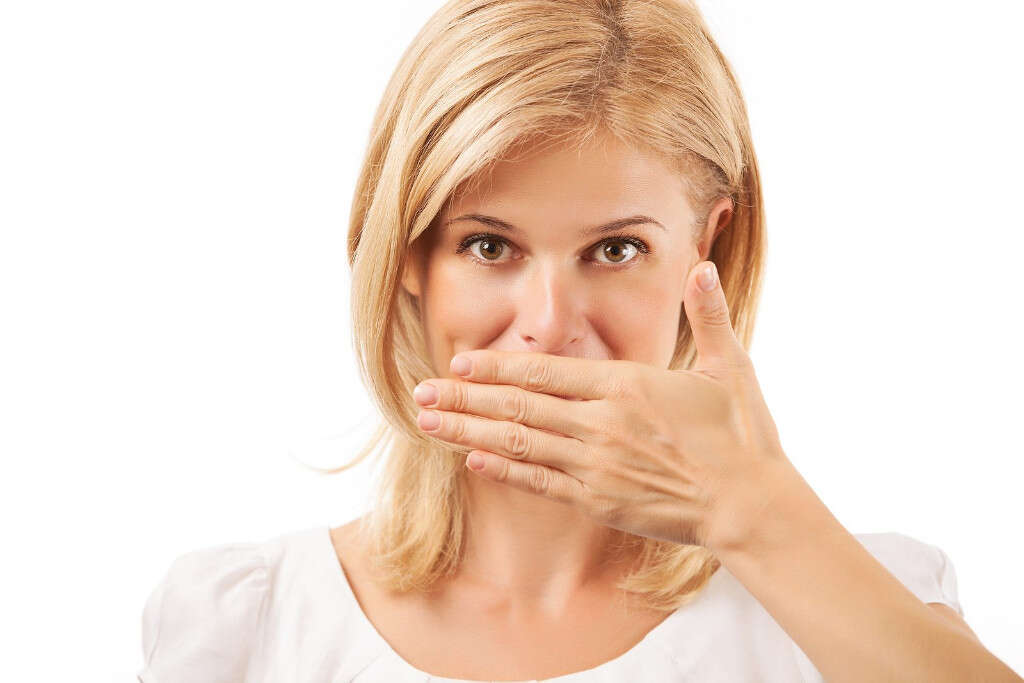
Royal Jelly Benefit #6: Fights Against Aging
Royal jelly contains antioxidants, which help fight signs of aging. When applied topically or taken in the form of a supplement, royal jelly can rejuvenate your skin by tightening pores and cleaning up free radicals that contribute to aging.
Some skin conditions can greatly benefit from royal jelly due to its anti-inflammatory properties that can eliminate bacteria. These conditions include eczema, candida, and acne. It is recommended that you apply the jelly to your face and skin for half an hour before removing it. Consider mixing royal jelly with other oils, such as almond oil or coconut oil for added benefits.
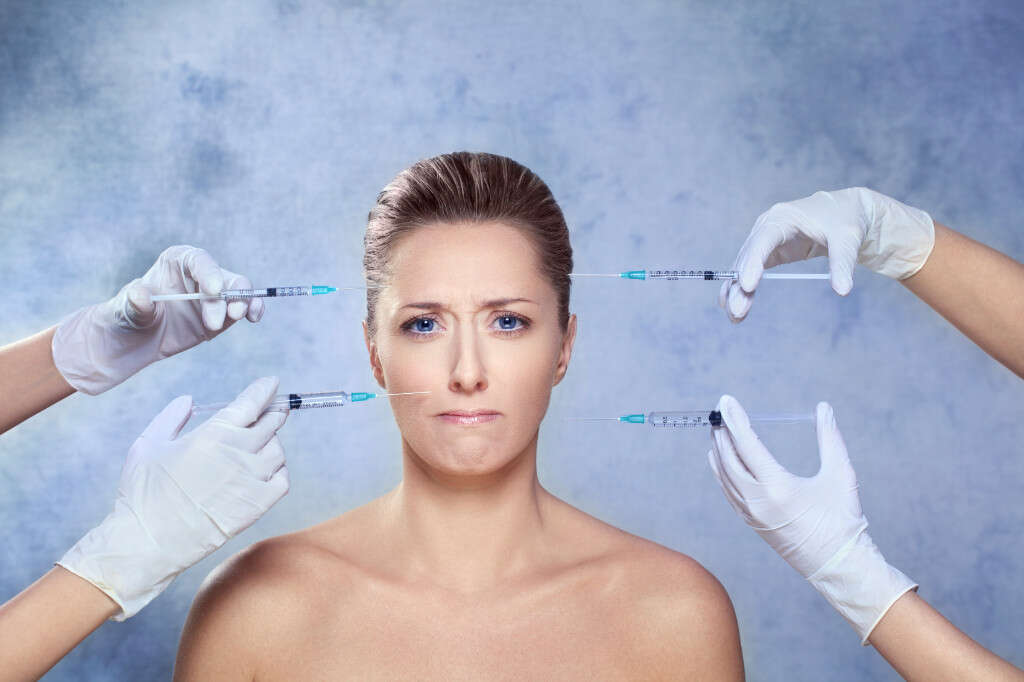
Royal Jelly Benefit #7: Boosts Hair Growth
Royal jelly contains proteins and amino acids that can help with hair growth. Simply mix royal jelly with coconut oil to create a hair mask to massage into your scalp. Leave in for 20 minutes before rinsing it out with cold water.
Before royal jelly was used as a supplement, it was used as a beauty product. Royal jelly also contains biotin and a high amount of vitamins, which promotes the production of keratin in the body. Keratin is the building block for hair and nails. Royal jelly can not only promote hair growth, but can also prevent your hair from falling out.

Royal Jelly Benefit #8: Increases Testosterone
Royal jelly contains gonadotropic hormones, leading to higher testosterone levels and sperm count in men. Several research studies suggest that royal jelly can help men who are struggling with fertility issues. In one animal study, testosterone rose to as high as 143 percent of initial levels and sperm improved as much as 18% with actual sperm output increasing up to 65%.
Another study done on infertile men involved different dosages of royal jelly and honey to increase testosterone production. After several months, the men had higher testosterone and improved sperm count. Royal jelly has shown to have the potential to help with infertility in men.

Royal Jelly Benefit #9: Lowers Blood Pressure
High blood pressure may manifest as chest pains and vision problems. Eating certain foods can help lower it, including royal jelly, which seems to have the ability to regulate blood pressure. The main blood pressure lowering ingredients found in royal jelly consist of short chain amino acids, which are peptides. These are the building blocks of protein and affect the angiotensin converting enzyme (ACE).
Royal jelly acts as an ACE inhibitor. ACE is a powerful restrictor of blood vessels and by its inhibition, it can dilate and reduce hypertension. Once royal jelly is digested, it releases 11 different peptides that can lower blood pressure.
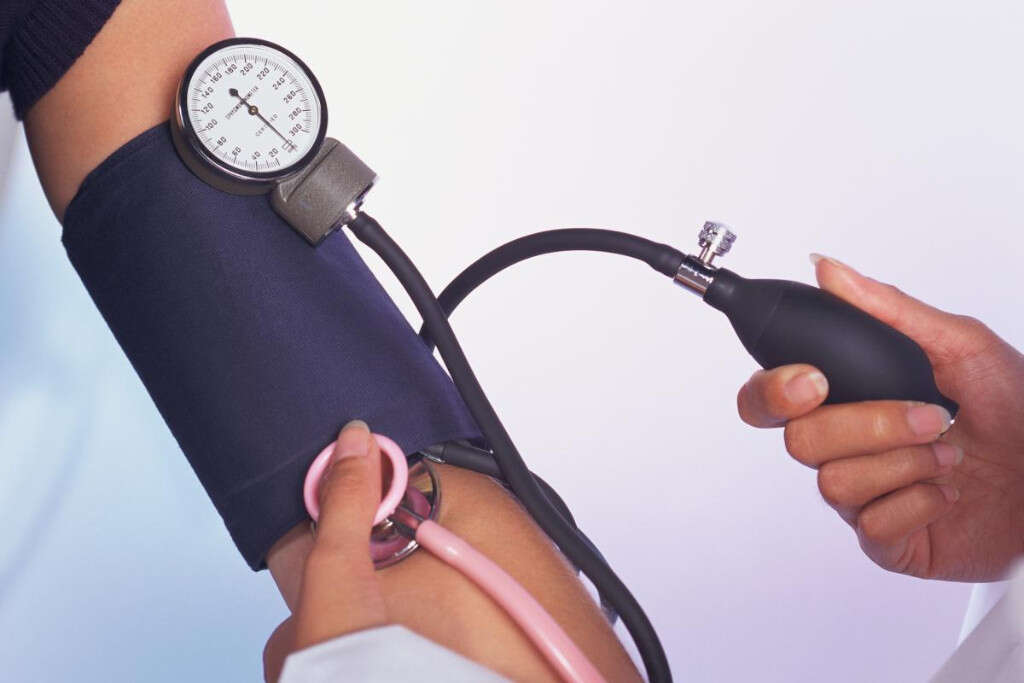
Royal Jelly Benefit #10: Libido
Certain foods may help increase low libido. A diet rich in fruits, fibers, vegetables and grains can help assist in libido as well as other supplementation. Royal jelly can be used to increase libido. It is known to interact with hormones in the body. In one study, royal jelly was able to increase sexual desire in infertile men because of the small amount of testosterone that it contains. The recommended amount of royal jelly is 50-100 mg a day.
In another study done on royal jelly and its effects on sexual functions, an 8.3% increase in testosterone levels were reported by infertile men. Researchers also reported improved libido and intercourse per week.




